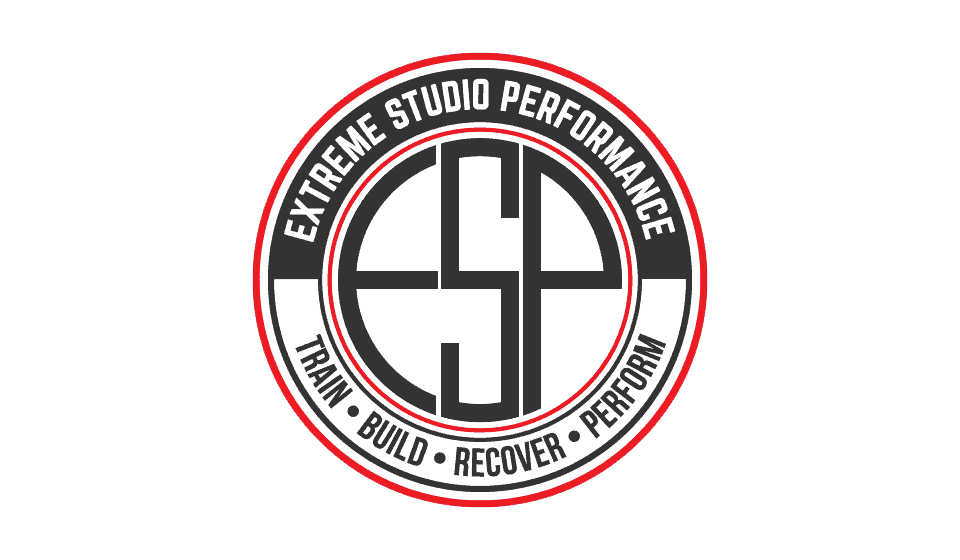
Collagen Timing: Why Taking It Before a Workout May Enhance Joint and Tendon Health
Collagen is one of those miracle supplements you’re always hearing about. People say it helps your skin look younger, strengthens muscles and ligaments, eases joint pain, and helps your hair grow thicker.
It’s true that collagen is an essential protein. While some of the claims you hear might be exaggerated, there is evidence supporting the practice of taking collagen before a workout for joint and tendon health.
 What Is Collagen?
What Is Collagen?
Collagen is a structural protein, meaning it is a large part of the framework in human and animal tissues. It helps hold your body together. Our bodies naturally produce collagen and, for those who eat animal products, it’s contained in a lot of the foods we eat. As we get older, our bodies naturally produce less collagen. Collagen supplements can help counteract this and provide health benefits.
How To Get More Collagen
Your body naturally produces collagen, and you can support that production by eating a healthy, balanced diet with plenty of protein and vitamin-rich plant foods. Studies suggest that collagen works best when eaten with Vitamin C, which is found in foods like red bell peppers, citrus fruits, and broccoli.
If you want to eat more collagen, foods that are high in collagen include animal skin, bones, and ligaments (e.g. bone broth, pot roast) and certain seafood (e.g. fish skin). You can also take collagen supplements. Always check collagen supplement ingredients if you have a food allergy or religious dietary restrictions, as the supplements can be sourced from a variety of different animals and seafood. There are some vegan and vegetarian options as well, which use collagen synthesized from yeast and bacteria sources.
Timing For Collagen Supplements
If you’re taking collagen for joint and tendon health while exercising, you’ll want to take it before your workout. Multiple studies have found benefits to taking collagen pre-workout (Khatri et al., 2021; Lee et al., 2024; Nulty et al., 2024). Interestingly, one study comparing whey protein and collagen taken post-workout did not show benefits from collagen (Aussieker et al., 2023), further reinforcing the need to take collagen before a workout rather than after.
There isn’t a lot of information about how collagen might interact with medications. Some collagen supplements have other additives (such as vitamins and herbs) that might cause interactions, so make sure you check with your doctor before starting a new supplement if you’re on any medications or have other health concerns. A nutrition coach can also help you find a collagen supplement that’s right for your dietary needs and health goals.
